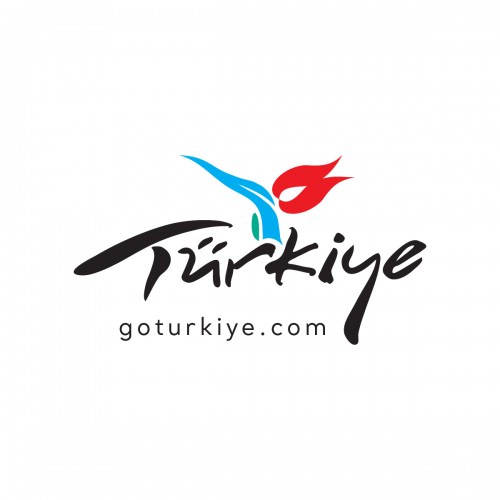Jet Airways, AirAsia, SpiceJet to add new aircraft to meet rising demand
The Indian aviation industry is expanding by leaps and bounds spearheaded by affordable pricing and better connectivity. In fact, domestic Indian passenger traffic increased by 17.9% in January from last year, comfortably touching the 41st consecutive month of double-digit growth, as mentioned by the International Air Transport Association in a monthly update on Thursday. To keep up with the pace of the world’s fastest-growing aviation market, Indian carriers including Jet Airways, Air Asia and SpiceJet are planning to add new airplanes to their fleets.
Speaking at the Wings India 2018 in Hyderabad yesterday, Civil Aviation Secretary Rajiv Nayan Choubey said that as long as oil process remained below USD 80 per barrel, he believes the Indian aviation market would grow at a compound annual growth rate of 15% for the next 20 years or so.
“The growth of the domestic Indian (aviation) market is the highest in the world,” Boeing Senior Vice President Asia Pacific and India Sales Dinesh Keskar said. “Every segment of traffic in and out of India is going to grow for the next 20 years,” he further added as mentioned in agency reports.
Indian airlines are rushing to add more jets to meet the rising demand for domestic and international flights, making it one of the most targeted sales markets for jet manufacturers Airbus SE and Boeing Co. Boeing even said in July last year that it expected Indian carriers to order up to 2,100 new aircraft worth USD 290 billion over the next 20 years. They also called it the highest-ever forecast for Asia’s third-largest economy.
Jet Airways last year finalised a deal to buy a separate 75 Boeing 737 MAX aircraft and said it was in ‘serious talks’ for 75 more. Jet Airways CEO Vinay Dube said that they would finalize the deal with one of the plane manufacturers, alluding to Boeing or Airbus.
Similarly, AirAsia India is looking to expand its fleet to 60 jets from the current 14 over the next five years, a spokeswoman said. The airline’s parent, AirAsia Bhd, said in January it was considering an IPO of the Indian arm. SpiceJet’s Chairman Ajay Singh said his airline was studying the feasibility of Boeing’s and Airbus’ jets for longer haul international destinations, including western Europe and United States, as it looks to expand beyond short-haul international routes. In July, SpiceJet had signed a provisional deal to buy 40 Boeing 737 MAX 10 jets. He also said the low-cost carrier was close to announcing an on board Wi-Fi facility on its flights, which would offer in-flight entertainment including streaming movies, cricket and as well as shopping. The move, which could boost SpiceJet’s ancillary revenue, is likely to come by April, he said.
IndiGo, India’s biggest airline plans to order as many as 50 Airbus A330 wide-body jets, as mentioned in a report by Bloomberg. However, increased strength of these fleets only raises questions about the capacity of Indian airports to handle the booming traffic. “We are committed to ensure that new airports are built, better air space management services are provided, so that there is no congestion in the skies,” Choubey said.
According to reports earlier this week, Mumbai’s Chhatrapati Shivaji Maharaj International Airport had already reached 94% of its traffic handling capacity and it is expected to reach 100% this year. The Mumbai International Airport Pvt. Ltd. (MIAL) is seeking help from Sydney-based consultants who will help the airport authorities handle the operations better so as to make it more efficient. Similarly, the Delhi airport is also the 7th busiest in the continent and amongst the top 20 busiest in the world.
News Source: https://www.businesstoday.in/
You might also like
Keys Hotels hits the list of Mumbai’s hot 50 brands
Keys Hotels, part of the $2 billion Berggruen Group, has added another feather in its cap by bagging the award for being named ‘one of the hottest brands in Mumbai’.
Aitken Spence Travels, Sri Lanka appoints Nijhawan Group as their India Representatives
Aitken Spence Travels, the leading destination management company in Sri Lanka appoints India’s leading representation Company, Nijhawan Group as their sales and marketing representatives to develop the Indian outbound market
Turkey to further ease restrictions on travellers from 1st July
Turkey is all set to further ease the restrictions imposed on travellers from 1st July. The new unlock rules include the removal of the night curfew restrictions including weekends for locals






